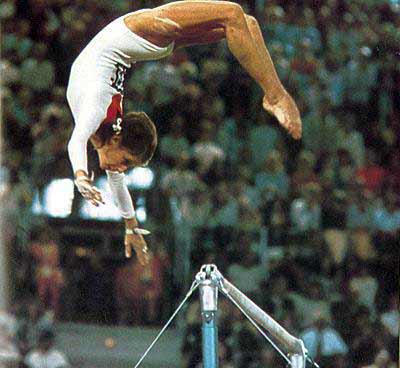Tuesday, April 14, 2009
Thus Far On My Paper......
So,I have about 70 pages left to read, which I'll get done this week! As far as my paper goes,it's all still pretty general. Maybe something about 18th century British society and relationships. A lot of people like to write on the thesis that Jane Austen was a feminist, but I disagree, I don't think she was one at all. Maybe that's what I'll write about! Anyway this is my update! Have a nice week Mr. Coon!
Tuesday, April 7, 2009
Life in Death
In his poem, "Death Be Not Proud," John Donne takes one of man's worst fears and cuts it down to size. Addressing death directly, he claims that man has no rational fear of it. He then proceeds to explain why, using three main arguments: death's weakness, death in sleep, and life after death.
Donne's speaker charges death to be powerless. Claiming it to be subservient to fate and kings, or in short, to our choices: to events that consume us and the ways in which we choose to respond to such happenings. He reminds death that that it dwells in places of weakness rather than strength, and is therefore not as mighty as it would make itself seem. Those that are strong in sickness can not be compared to those who are strong in health. Because death holds power in a place of weakness, sometimes physically and sometimes morally, it has become arrogant and does not realize that that power is not a constant.
In the second argument, Donne's speaker compares death to sleep. He argues that death is like sleep, and that if sleep gives man such comfort, then such an eternal sleep must bring that much more relaxation for the body. Not only this, but if death be but sleep, what uniqueness does it possess? There are other such causes of sleep, so why does our fear of those, not equal that of death? If death is as sleep is, then when comes the awakening--for there must be one. It is this that connects the sleep argument to the life argument.
When contemplating the deaths of the "best men" in places such as war, where death resides, the speaker pauses on "the soul's delivery." Here, is the crux of his argument: life after death. His awakening comes not in the body, but rather with the soul. Therefore, death is a simple stage within life, and once past that physical stage, death itself is no more. If the soul is truly the person, and if the soul is what truly matters, the body is but a shell that houses the soul during our lives on earth. Then what is death, but simply the separation of the soul from the body?
Donne's speaker looks death in the eyes and exerts that man should not, and that he does not, fear death itself. Death is merely passing and one should contemplate on the path after death rather then death itself, for here is where, in today's society, one can rationalize a fear. In the end, death and its residing fear are creations of the living in their inexperience.
Donne's speaker charges death to be powerless. Claiming it to be subservient to fate and kings, or in short, to our choices: to events that consume us and the ways in which we choose to respond to such happenings. He reminds death that that it dwells in places of weakness rather than strength, and is therefore not as mighty as it would make itself seem. Those that are strong in sickness can not be compared to those who are strong in health. Because death holds power in a place of weakness, sometimes physically and sometimes morally, it has become arrogant and does not realize that that power is not a constant.
In the second argument, Donne's speaker compares death to sleep. He argues that death is like sleep, and that if sleep gives man such comfort, then such an eternal sleep must bring that much more relaxation for the body. Not only this, but if death be but sleep, what uniqueness does it possess? There are other such causes of sleep, so why does our fear of those, not equal that of death? If death is as sleep is, then when comes the awakening--for there must be one. It is this that connects the sleep argument to the life argument.
When contemplating the deaths of the "best men" in places such as war, where death resides, the speaker pauses on "the soul's delivery." Here, is the crux of his argument: life after death. His awakening comes not in the body, but rather with the soul. Therefore, death is a simple stage within life, and once past that physical stage, death itself is no more. If the soul is truly the person, and if the soul is what truly matters, the body is but a shell that houses the soul during our lives on earth. Then what is death, but simply the separation of the soul from the body?
Donne's speaker looks death in the eyes and exerts that man should not, and that he does not, fear death itself. Death is merely passing and one should contemplate on the path after death rather then death itself, for here is where, in today's society, one can rationalize a fear. In the end, death and its residing fear are creations of the living in their inexperience.
Subscribe to:
Posts (Atom)





